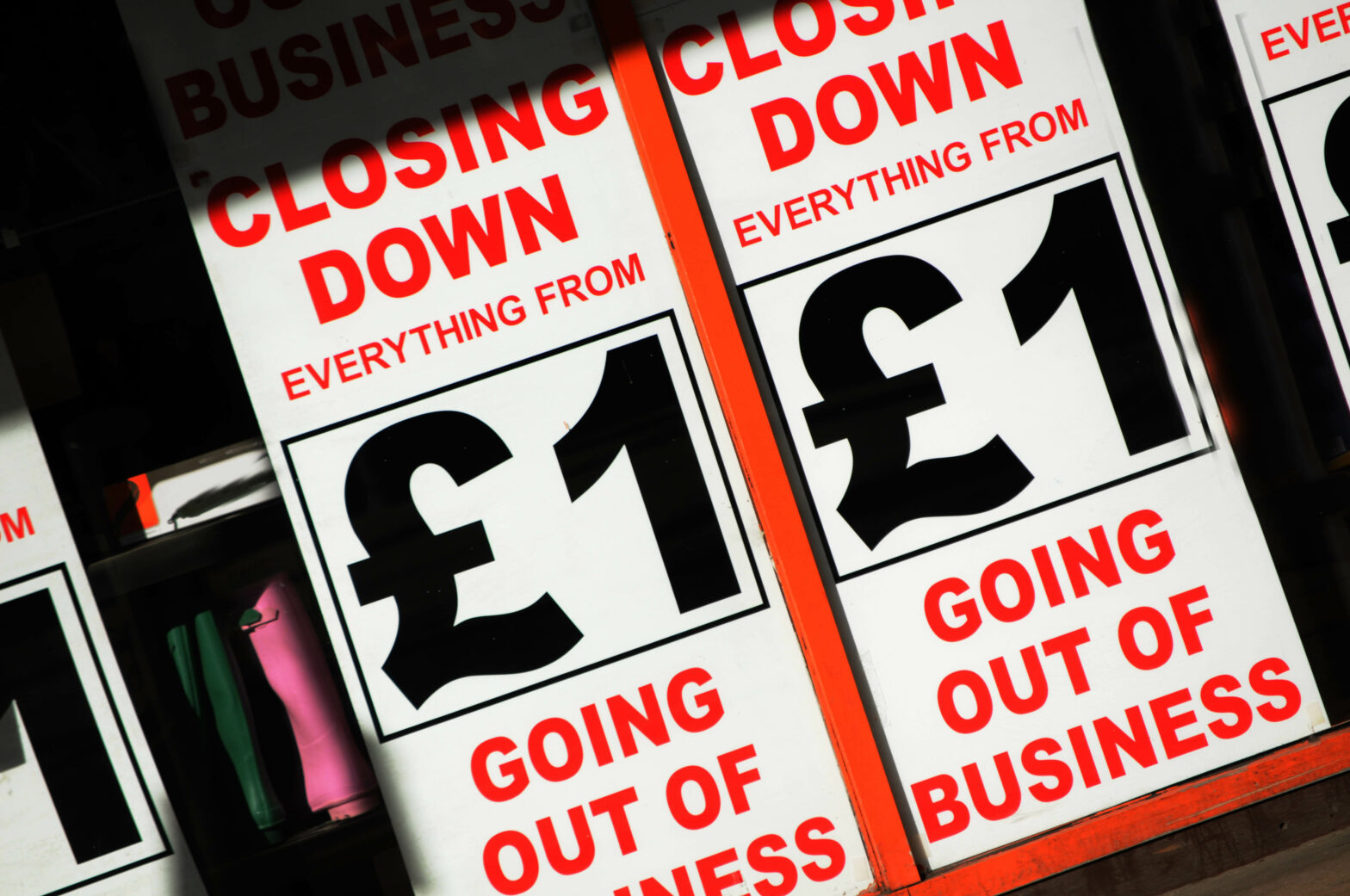Information and communication-based businesses and retailers have the highest new business survival rates after one year, but for longer-term survival, businesses in the health and education sectors fare the best, according to a study by Ormsby Street.
These are the only two sectors in which more than half of businesses launched were still trading after five years, revealing the extent of business failure in the UK.
Ormsby Street has launched a business survival calculator, a new tool which uses ONS data to reveal the best and worst survival rates over one to five years for a variety of business types.
Martin Campbell, managing director of the company says the UK is becoming increasingly entrepreneurial, with people viewing working for themselves or launching a small business as a viable and rewarding career option.
‘But it is tough running a business and we’ve launched the business survival calculator for small businesses to understand more clearly the challenges ahead of them and to be aware of the survival rates for businesses in their sector,’ he adds.
Property-based businesses are one of the most likely to fail after one year of trading, but proved a much better long-term option when looking at survival rates over five years. Accommodation and food services, and business administration were the two industries most likely to fail in the long term, with both types of business filling the bottom two places after three, four and five years.
Poor cash flow a major problem
‘A small business can fail for many reasons of course, but poor cash flow remains one of the main causes of problems,’ says Campbell. ‘Poor cash flow is mostly caused by late payment of invoices and this is certainly something that can be addressed by any small business. Measures include being strict and upfront about payment terms initially and using the right tools to provide insight into how they should trade with customers and what action to take to reduce risk of non-payment.’
UK small companies that regularly credit check their customers are around 30 per cent less likely to experience business failure in their first 12 months than businesses which don’t credit check, according to Ormsby Street data from last year.
‘There is no shame in a business failing; in the US it is almost seen a badge of honour to so and if it does happen then it should be used as valuable experience for the next venture,’ Campbell adds. ‘But small businesses can certainly improve their prospects by protecting themselves against some elements that might threaten their existence.’
Guy Mucklow believes the failure of his first business played an important part in his later success. In 2000, at the peak of the dotcom bubble, he launched Pubowner.com, where pub landlords could find properties, hire staff and buy goods and services.
Sales never took off, and after burning through savings Mucklow had to liquidate the business. ‘We failed because our model was too narrowly targeted at a market that was dominated by three or four big players,’ he says. ‘We were aiming for too narrow a market with a proposition that had very limited appeal. More importantly we were also far too early in the market cycle, a lesson that many start-up technology companies perhaps fail to appreciate until it’s too late.’
The painful lessons learnt there helped him to produce a winning formula with PCA Predict, which sells e-commerce optimisation software to over 11,000 customers around the world.





